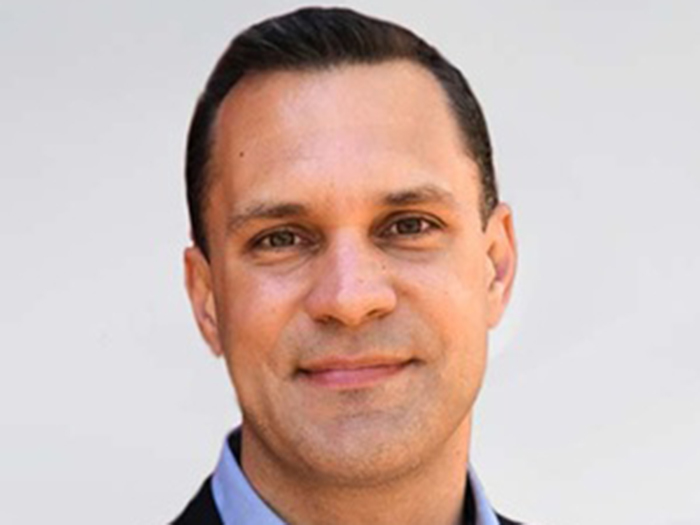Opinion | Insurance Is Everywhere. Even at a Neighborhood Game of Spades
A slight shift in perspective can cast everything in a different light, Sherlock Holmes once said.
Twenty-five years ago, the untimely death of Kevin Stevenson changed my perspective. He wrote regularly with great style for this magazine and others, from Bermuda.
His legacy to me was his workload, which I didn’t want — I became a writer to escape the corporate world — but gift horses, mouths and so forth.
I signed up, and my perspective changed forever.
It’s now impossible for me to look at any detail of life without seeing the part played by insurance, which is a factor in just about every single human activity.
Insurance doesn’t always take the shape of a policy with actuarial calculations, monetary premiums and claims forms, but the concept is inevitably an element of every decision we make.
An example: Lately, I’ve been playing a lot of Spades, an American card game invented in the 1930s.
The game is in the Whist family and is a simplified version of Bridge. Four players, in pairs, contest 13 tricks in a series of hands. Spades trump everything, hence the name.
Before play starts, players forecast how many of the 13 four-card tricks they will take. Rewards are given for tricks bid and made, and penalties are applied when you fall short.
I play online with anonymous strangers. They’re not entirely anonymous: a few prescribed comments or emojis may be exchanged when the game is not in play.
The way in which they’re used affords a strong insight into other players’ characters.
The key to Spades, as it is to life, is insurance. Armed with only 25% of the cards and a like percentage of the necessary information, diagnosing your condition before you start operations is as important in Spades as it is in medicine.
Preparing a bid, a risk assessment procedure, takes into account the tricks one is almost certain to win; those one is likely to win; and those one might win with a favorable wind.
Counting the will-wins, the mights, and the coulds puts you in the general vicinity of the number of tricks you are about to forecast that you will take.
One final tweak is required: the insurance trick. It’s a trick that you add to, or deduct from, your final estimate, when all the circumstantial evidence, or sometimes a hunch, suggest it’s necessary.
The premium is the penalty if you say you’ll win the trick, but don’t.
The coverage pays off when you win it. The insurance trick is a free agent. It’s Schrodinger’s trick: it is there, and not there, simultaneously.
And it’s life, Jim, exactly as we know it. We all choose which lines of insurance are suitable for us, for various reasons, and ignore the rest.
You can’t buy all the insurance available, because you’d be broke.
Not even Jeff Bezos has every possible risk covered, and he could afford to buy a company just to write his own risks. The guy went up to the edge of the something-sphere, for God’s sake, in a tin can.
Well, I can’t be here talking to you all day. I’ve got Spades to play. &










